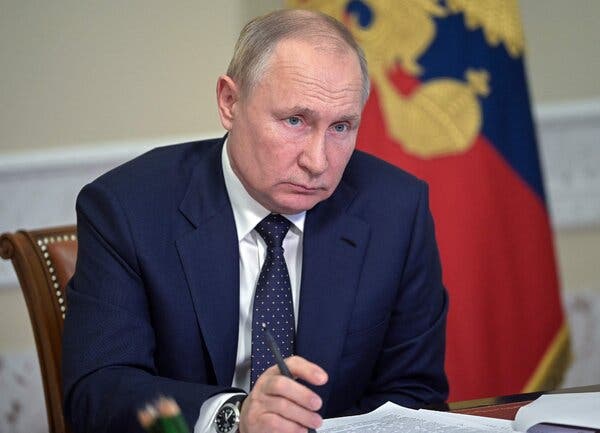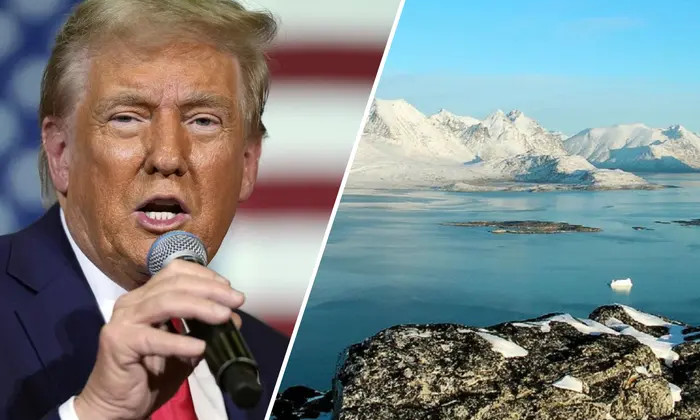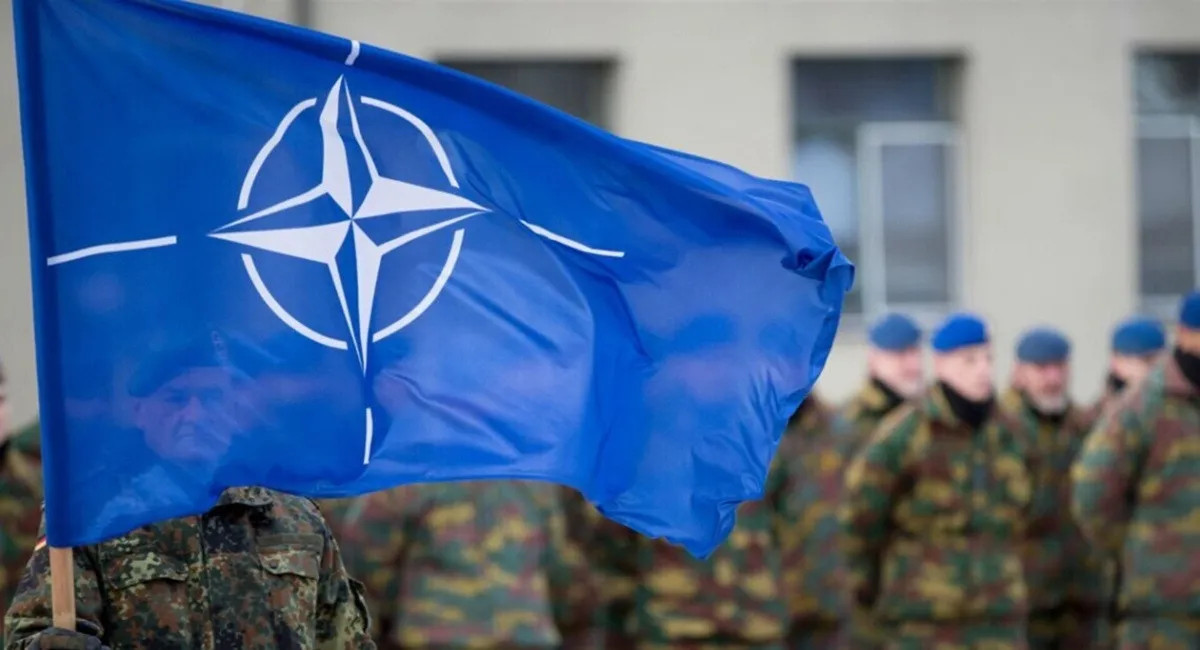The Kremlin has once again ruled out the prospect of a ceasefire in Ukraine, with spokesman Dmitry Peskov declaring Russia holds a “strategic advantage” and has no intention of halting its advance.
In a striking interview with Sky News on 20 June 2025, Peskov was defiant when asked about intensifying strikes on Ukrainian cities and mediation efforts by Donald Trump. “Right now, we have a strategic advantage,” he stated bluntly. “Why would we give that up? We’re going forward. We’re advancing, and we will continue to advance.”
This rhetoric marks a clear rebuke of international calls for diplomacy — and paints a grim picture for those hoping for a peaceful resolution any time soon.
Strategic Messaging or Psychological Warfare?
Peskov’s comments are more than simple war-time bravado. Analysts suggest this is a deliberate element of a Kremlin-led information and psychological operation, designed to demoralise Ukrainian society and undermine international resolve.
By loudly promoting the idea that Russian forces are unstoppably advancing, Moscow aims to spread doubt about the value of resistance and pressure Ukraine’s allies into accepting a “freeze” of the conflict on Russia’s terms.
The narrative also serves to distract from the reality: despite substantial losses and battlefield setbacks, Russia is attempting to project strength, betting on international fatigue and divisions to slow support for Kyiv.
Trump’s Rhetoric — A Tool for the Kremlin?
While former U.S. President Donald Trump has hinted at wanting to broker peace, his lack of clear policy direction is being eagerly exploited by Moscow.
The ambiguous and often contradictory statements from Trump have allowed the Kremlin to sow discord among Western partners, with some nations now questioning the long-term unity of the pro-Ukraine coalition.
This strategic ambiguity gives Moscow precious time to regroup, reinforce, and prepare new offensives. It also complicates urgent decisions on military and financial support, potentially delaying critical assistance.
No Room for Compromise
Russia’s open rejection of even a temporary ceasefire undermines the efforts of countries like the United States, China, the Vatican and Turkey, all of which have pushed for dialogue.
Far from seeking genuine negotiations, the Kremlin is attempting to solidify gains from its military aggression, repeating the line that “the territories are under our control — therefore, it’s a fact that must be recognised.”
This approach represents a blatant violation of international law, including the UN Charter and commitments under the Geneva Conventions.
Peace Talk or Tactical Pause?
Given Moscow’s track record, any future peace proposals from Russia are likely to be viewed with scepticism — not as genuine outreach, but as an attempt to secure a pause for rearmament.
Such positioning has now solidified the Kremlin’s image globally as one that prefers military conquest over diplomacy. Any lingering belief in Russia’s willingness to negotiate in good faith is fading fast.
Peskov’s statements have left little doubt: diplomatic pressure currently has no impact on Russia’s stance. In these conditions, experts argue that increased military support for Ukraine remains the only credible and effective form of response.














